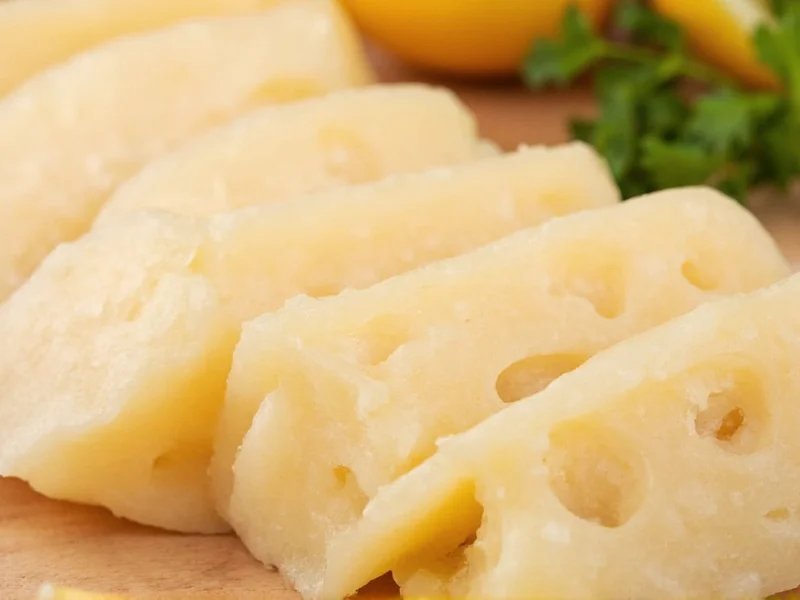The Science Behind Parmesan's Shelf Stability
Authentic Parmigiano-Reggiano undergoes a minimum 12-month aging process that reduces its moisture content to approximately 30%, creating an environment where harmful bacteria cannot thrive. The cheese's high salt content (typically 1-3%) further acts as a natural preservative. This unique combination explains why traditional Italian cheesemakers historically stored Parmesan at room temperature without spoilage concerns.
Storage Guidelines by Parmesan Type
| Type of Parmesan | Room Temperature Storage | Refrigerated Storage | Freezer Storage |
|---|---|---|---|
| Unopened block (wax sealed) | 4-6 weeks | 12-18 months | Up to 2 years |
| Opened block (properly wrapped) | 1-2 weeks | 6-9 months | Up to 18 months |
| Store-bought grated Parmesan | 3-5 days | 1-2 months | 3-4 months |
| Freshly grated (homemade) | 2-3 days | 3-4 weeks | 3 months |
Optimal Storage Techniques for Maximum Freshness
Proper wrapping technique matters more than refrigeration alone when storing Parmesan cheese. For opened blocks, remove any plastic wrapping and instead use cheese paper, parchment paper, or wax paper, then place in a loosely sealed container. This allows the cheese to breathe while maintaining proper humidity levels. Never store Parmesan in airtight plastic containers as this traps moisture and encourages mold growth.
When storing grated Parmesan, press plastic wrap directly against the cheese surface to minimize air exposure before placing in an airtight container. For long-term storage, divide grated cheese into small portions, freeze on a baking sheet, then transfer to freezer bags with all air removed.
Understanding Parmesan Shelf Life Variations
The shelf life of Parmesan varies significantly based on several factors beyond refrigeration:
- Aging duration - 24-month aged Parmesan lasts longer than 12-month varieties
- Moisture content - Higher quality Parmesan has lower moisture
- Added ingredients - Pre-grated versions often contain cellulose or starch
- Storage environment - Humidity and temperature fluctuations affect longevity
Commercially grated Parmesan typically contains anti-caking agents like cellulose powder, which affects its storage requirements compared to freshly grated cheese from a block. These additives help prevent clumping but don't significantly extend shelf life without refrigeration.
Recognizing Spoilage in Parmesan Cheese
Unlike many cheeses, Parmesan rarely becomes dangerous when it develops surface mold due to its low moisture content. Simply cut away at least 1 inch around and below any mold spots. However, watch for these genuine spoilage indicators:
- Significant darkening beyond normal aging color changes
- Strong ammonia-like odor (distinct from normal aged cheese aroma)
- Texture becoming excessively hard, dry, or crumbly
- Visible mold throughout the cheese, not just on surface
- Unpleasant sour or rancid taste
Common Parmesan Storage Myths Debunked
Myth: All cheese must be refrigerated immediately after opening.
Reality: Hard cheeses like Parmesan have natural preservation qualities that allow safe room temperature storage for limited periods.
Myth: Freezing destroys Parmesan's flavor.
Reality: Properly frozen Parmesan maintains quality for cooking purposes, though texture may change slightly for grating.
Myth: The white crystals in aged Parmesan indicate spoilage.
Reality: These tyrosine crystals are flavor enhancers that develop during aging and indicate high quality.
Practical Storage Recommendations
For everyday kitchen use, refrigerate opened Parmesan blocks to maximize freshness and prevent flavor degradation. If you maintain a consistent cool kitchen environment (below 70°F/21°C), you can safely store an unopened block at room temperature until first use. Always wrap opened blocks in breathable material rather than plastic wrap alone.
When traveling or during power outages, Parmesan remains one of the safest cheeses to leave unrefrigerated temporarily. The USDA considers hard cheeses like Parmesan safe at room temperature for up to several weeks, though quality diminishes over time.











 浙公网安备
33010002000092号
浙公网安备
33010002000092号 浙B2-20120091-4
浙B2-20120091-4